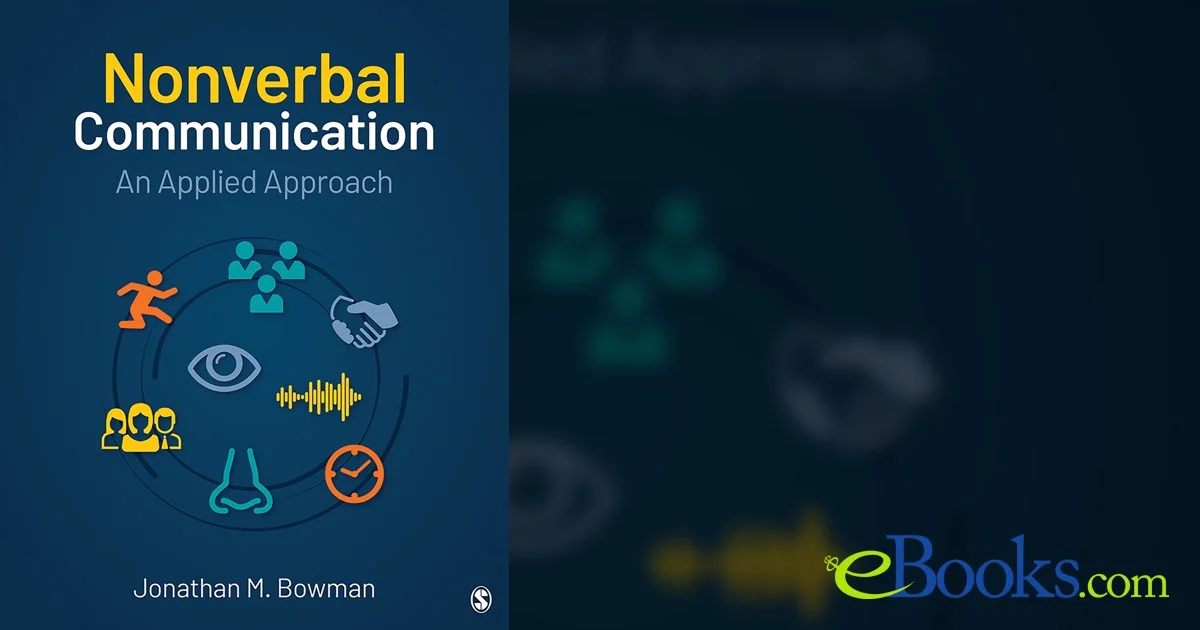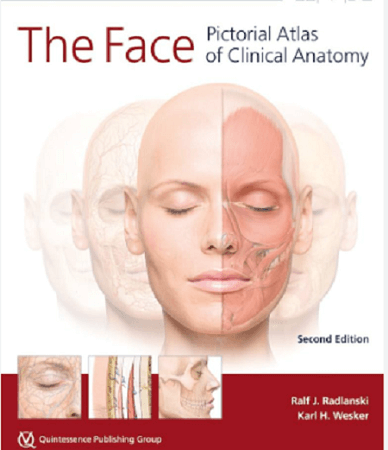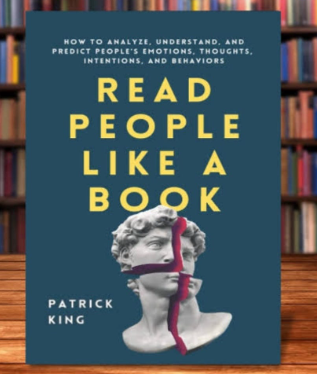Public Administration vs Other Social Sciences

- File photo | Credit NWUOpens in new window
Public Administration And Its Relationship With Other Social Sciences
Social sciencesOpens in new window are the systematic studies of various aspects of human actions in society. The Social sciences include SociologyOpens in new window, PsychologyOpens in new window, AnthropologyOpens in new window, EconomicsOpens in new window, Political scienceOpens in new window, Public administrationOpens in new window and HistoryOpens in new window.
Since all these disciplines study man in society, they are interdisciplinary fields sharing connection with one another.
Public administration is a comprehensive, interdisciplinary approach that draws on knowledge sources across the social sciences. Its increasing interdisciplinary nature implies that it draws upon other social sciences and applies in its study the knowledge, insights, techniques and tools developed by them.
Therefore, it is important that the person who wishes to study Public administration should have some knowledge of other social sciences and its relationship with them. In this study we’ll examine Public administration’s relationship with Political science, History, Economics, Sociology, Psychology, LawOpens in new window, EthicsOpens in new window, and Business managementOpens in new window.
Relationship of Public Administration to Political Science
Political science is the study of state and systems of government. It is concerned with powerOpens in new window, authorityOpens in new window and influence. It ensures authoritative allocation of values to the various sections in societyOpens in new window.
Public administration is very closely, if not indistinguishable, connected with political science. Whereas political science is concerned with government, public administration is government in action.
An eminent author had pointedly observed the relationship between the two disciplines in the following word:
The interface between the two (political science and public administration) becomes clear and vivid if we concur that both deal with the political system (or substantially state) but from different positions: Political science activates and energizes the state: it deals with the input part, while Public administration deals with output.
Being the study of stateOpens in new window and governmentOpens in new window, political science provides the fundamental framework within which public administration functions. There are many common areas of study which makes Public administration and Political science more of a sister-brother connection. Learn more hereOpens in new window
Relationship of Public Administration to History
HistoryOpens in new window is concerned with the study of social progress of mankind — everything mankind has thought, done and achieved. It is the study of the past events, movements, their causes and interrelations.
History supplies valuable materials for the study of Public administrationOpens in new window. Its subject-matter includes economic and social developments, religion, intellectual and artistic movements as well as the growth and decline of States, their organizations, functions, achievements and failures.
History is the laboratory of human experiences. All administrative experiences of history are the subject-matter of our experiments. The study of the administrative system of a country would not be complete without a proper glimpse of its historical background.
Relationship of Public Administration to Economics
EconomicsOpens in new window is concerned with that aspects of human behaviour which arises from the scarcity of means to achieve a given end.
Adam SmithOpens in new window’s definition of economics as the art of managing the resources of the people and of the government clearly brings out the close relationship between Public administration and economics.
A variety of areas covered in Public administration are economic based. For instance, the common areas of study include such matters as public finance, Planning, Programming and Budgeting SystemOpens in new window (PPBS), economic planning, management of public enterprises — and the like.
The formulation and implementation of government’s development plans and policies are to be evaluated in terms of their economic consequences. Thus, economic planning brings Public administration and economics closer. Participation of the state in the economic development is also extensive. In many developing nations economic planning has become a pillar of government’s social and economic policies.
There is so much in common between Public administration and economics. Learn more hereOpens in new window
Relationship of Public Administration to Sociology
SociologyOpens in new window is broadly defined as the study of human social relationships in totality. It is a discipline that synthesizes political, economic, familial, religious, and other relationships in order to arrive at a complete understanding of man’s social life.
Public administration deals with management of man’s administrative affairs in society and is concerned with the fulfilment of the communal needs such as security of life, health, education, etc.
Prof. DimockOpens in new window rightly points out the intimate relationship between Public administration and sociology in the following words, “… administration exists in a social setting and the pattern of administration is determined by society; but through sensitive administrative leadership, society itself may be changed. That the administrator is not merely an executive; he is also a social engineer, helping society to fulfil itself”.
Through the contributions made by various sociologists, it is realized that Sociology has great influence on Public administration. The distinguished German Sociologist Max WeberOpens in new window made the greatest contribution to the theory of bureaucracyOpens in new window. Besides bureaucracy, such concepts and terms as authority, organizationOpens in new window, association, alienationOpens in new window and social changeOpens in new window are often studied in both the disciplines. The relationists in administration have drawn much on sociology. Learn more hereOpens in new window
Relationship of Public Administration to Psychology
Psychology is the study of human behaviour in society while public administration is the study of human action.
As a social science, psychology seeks to understand individuals and groups by establishing general principles and researching specific cases. Psychology is the guide of Public Administration while it proceeds to frame a public policy. Action is motivated by a person’s psychological behaviour. Thus, psychology and public administration are closely related.
During the 18th and 19th centuries, the administrators did not attach importance to psychology. They considered man to be a rational animal whose behaviour was based on intellect and reason. Later researches, however, proved that psychology has much contribution to make to the study of Public administration. Human behaviour is not as perfectly rational as administrators thought it to be. It is accepted now that man’s behaviour is not based on reason alone. Instinct, emotions, imitation, etc., also play a huge role in man’s life. Thus, the administrators now adopt psychological outlook towards administration problems.
Impacts of Psychology on Public administration
- Benefits from New Psychological Research — Today psychological researches are being conducted, and has prompted the questions:
- How does man behave in certain circumstances?
- How does man act in a group?
- Criminal Reform — Psychology has abolished the old policy of treating criminals with contempt and has developed a better technique of handling criminals, rather than punishing them severely, so that they may turn out to be better citizens in future.
- Psychological Outlook — It is a universal practice today that administrative system is a part of social system. So, to comprehend administrative problems, the psychological outlook is essential. Emphasis is not only laid on educational qualifications, but also on administrative
Relationship of Public administration to Law
Law is a system of rules created for the adjustment and ordering of human relations in the society. Public administration is as closely related to law as to political science. It is because of Public administration’s close relationship to law, that Public administration is taught in the faculty of law in continental countries like France and Germany and other countries like Japan.
Administrative lawOpens in new window, delegated legislationOpens in new window, administrative tribunalsOpens in new window, etc., are topics common to the study of law and public administration. One of the earliest approaches to the study of Public administration, is legal approach which views Public administration as imbued with legal and adjudicatory matters.
It is essential that Public administration operate within the framework provided by law. Various types of laws such as constitutional law and administrative law tend to circumscribe and influence the operation of Public administration.
The institutional structure, the powers and functions of administrative bodies and the limitations placed on them are determined in terms of law. Law not only tells an administrator what he can do but also demarcates limits to his authority. He must conduct himself as to always act within the confine of legal powers. If he acts outside his legal powers, such activities are declared by courts as unlawful and hence void. Thus, courts keep public authorities within legal limits.
Administrative law provides the main link between Public administration and law. The administrative law is administered by the administrative tribunals consisting of administrative officials and experts.
Furthermore, the main function of Public administration, as described by Woodrow WilsonOpens in new window is “detailed and systematic execution of public law”. Hence, every administrator is, in effect, a law enforcement officer. Public administrators gain much by having knowledge of the prevailing legal system, since legal relationships are a significant part of the administrative function in the execution of policy.
A public administrator is not only an enforcer of law but also a builder of law. “He is a builder because every time he applies old law to new situations he builds law”.
The administrators are in a better position to know the necessity of new laws or amending the old laws when they implement the existing laws. Therefore, very often, Public administrators, on the basis of their experience, suggest new laws or amending the old laws which are approved by the law-making authority.
The drafting of laws is also done by Public administrators. The administrators also decide what the law is and what it means in terms of action by using their discretionary and rule-making powers under delegated legislation. Thus, the administrators make law or at least help in the making of law. The preceding discussion shows the intimate linkage between the two disciplines.
Relationship of Public administration to Ethics
Ethics and Public administration are closely related, in as much as the former sets standards of integrity and honesty for human actions, and the latter is oriented towards promoting the former.
EthicsOpens in new window is concerned with the moral values of the community. Thus, it is essential that administration takes cognizance of these values while enforcing public policyOpens in new window.
Public and professional morality now constitute an integral part of the study of Public administration. On this issue, Dr. ApplebyOpens in new window, opines, “moral performance begins in individual self-discipline on the part of officials involving all that is meant by the word character.”
However, this is often not enough, as it requires systematic process which supports individual group judgments enriched by contributions from persons variously equipped and concerned differentiation in responsibilities to each other and to a whole public responsibility. The official individually and organizationally must be concerned to be beyond simple honesty to a devoted guardianship of the continuing reality of democracy.
Relationship of Public administration to Business Management
Public administration and Management are so intertwined that even at times people link both together. The relationship is reflected by the definition of management as offered by Ordway TeadOpens in new window when he opines, “administration is the direction of people in association to achieve some goals temporarily shared. It is the inclusive process of integrative human efforts so that a desired result is achieved.
Thus, management tries to achieve goals which a public administrator sets before itself. In fact no goals can be achieved unless public administration and management work in close co-operation with each other.”
But still the two are different. Public administrator decides policies, whereas it is the responsibility of the management to implement those. Thus while one is concerned with policy formulation, the other with execution of the policies. The former decides goals whereas the latter is required to find out techniques for ensuring that the goals are speedily achieved.
























